Quang Tri Newspaper, Radio and Television reported that in 2025 alone, the province has issued 9 new domestic MSVT for crops such as rice, sweet potatoes, and grapefruit; at the same time, issued 1 additional MSVT for export on banana trees and 1 banana CSĐG code for export to the Chinese market.
Up to now, the whole province has a total of 69 MSVT with an area of over 3,300 hectares and 2 CSDGs serving export, applied to many types of crops such as rice, peanuts, green beans, citrus fruits, bananas, pepper, onions, an xoa, turmeric, lotus, lemongrass and vegetables.
Photo: Quang Tri Newspaper, Radio and Television.
Of these, 12 MSVTs were granted for export, including 10 MSVTs on banana trees with an area of nearly 2,310 hectares for export to China and 2 MSVTs on rice trees with an area of more than 37 hectares for export to the European market. In addition, 2 banana CSDGs were granted codes for export to China.
In addition, the remaining 57 MSVT serve domestic consumption with an area of 1,056 hectares, of which rice alone accounts for 27 MSVT with an area of 1,051 hectares, pepper has 4 MSVT with more than 75 hectares, onion has 3 MSVT with 8.5 hectares and many other agricultural products.
According to the leader of the Department of Crop Production and Plant Protection, the establishment of MSVT and CSĐG not only aims to meet the regulations on plant quarantine and food safety but also contributes to changing production practices, raising awareness and responsibility of farmers in modern and sustainable farming. This is considered an important solution for local agricultural products to increase their competitive advantage and expand export markets.
In the coming time, the Department of Agriculture and Environment will continue to update full information on MSVT and CSĐG to the national database, and at the same time allocate resources to serve the establishment and management work. At the same time, functional units will closely coordinate with localities to organize training and professional guidance for farmers, businesses and grassroots officials to meet the standards of the import market.
Inspection and examination work after code issuance will also be strengthened to ensure that growing areas and packaging facilities always comply with regulations. In addition, the province will proactively plan and build more growing areas and facilities that are qualified to issue codes, while promoting close links between farmers and exporters, creating a sustainable value chain for local agricultural products.
Source: https://doanhnghiepvn.vn/kinh-te/quang-tri-co-12-vung-trong-duoc-cap-ma-so-xuat-khau/20251004052811219


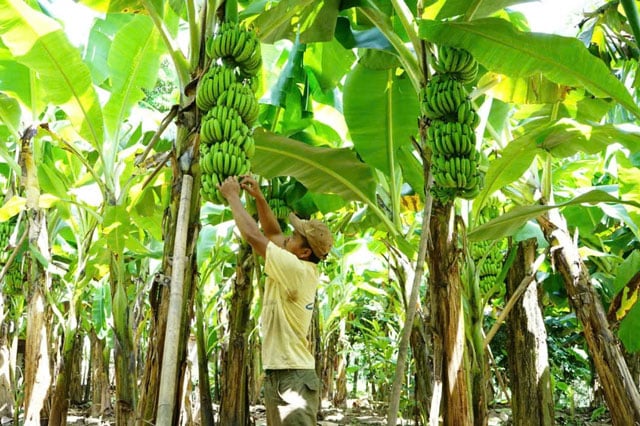

![[Photo] Visit Hung Yen to admire the "wooden masterpiece" pagoda in the heart of the Northern Delta](/_next/image?url=https%3A%2F%2Fvphoto.vietnam.vn%2Fthumb%2F1200x675%2Fvietnam%2Fresource%2FIMAGE%2F2025%2F11%2F21%2F1763716446000_a1-bnd-8471-1769-jpg.webp&w=3840&q=75)
![[Photo] President Luong Cuong receives Speaker of the Korean National Assembly Woo Won Shik](/_next/image?url=https%3A%2F%2Fvphoto.vietnam.vn%2Fthumb%2F1200x675%2Fvietnam%2Fresource%2FIMAGE%2F2025%2F11%2F21%2F1763720046458_ndo_br_1-jpg.webp&w=3840&q=75)
![[Photo] General Secretary To Lam receives President of the Senate of the Czech Republic Milos Vystrcil](/_next/image?url=https%3A%2F%2Fvphoto.vietnam.vn%2Fthumb%2F1200x675%2Fvietnam%2Fresource%2FIMAGE%2F2025%2F11%2F21%2F1763723946294_ndo_br_1-8401-jpg.webp&w=3840&q=75)

![[Photo] National Assembly Chairman Tran Thanh Man holds talks with President of the Senate of the Czech Republic Milos Vystrcil](/_next/image?url=https%3A%2F%2Fvphoto.vietnam.vn%2Fthumb%2F1200x675%2Fvietnam%2Fresource%2FIMAGE%2F2025%2F11%2F21%2F1763715853195_ndo_br_bnd-6440-jpg.webp&w=3840&q=75)
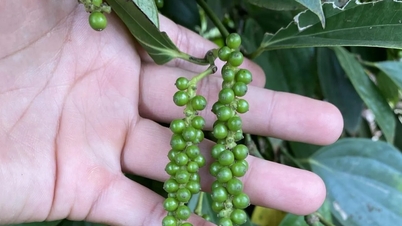





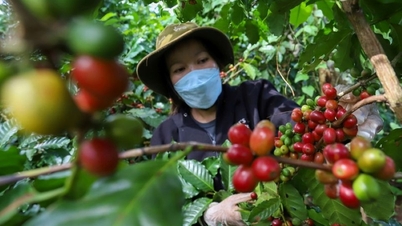


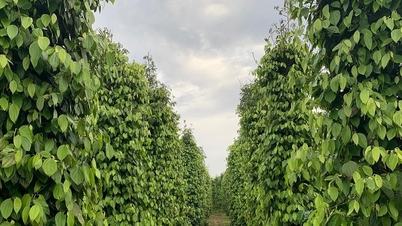
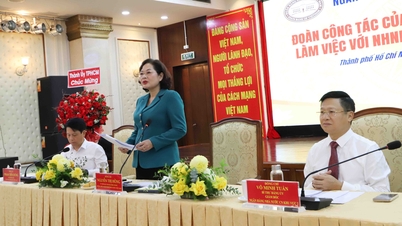












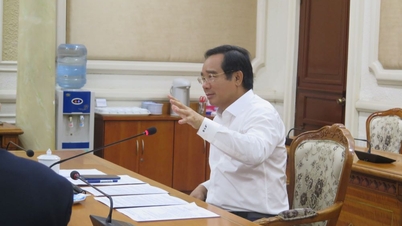

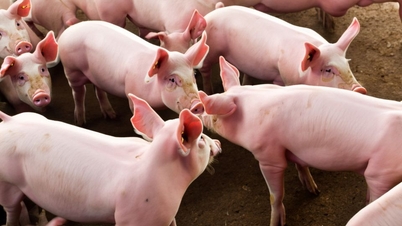

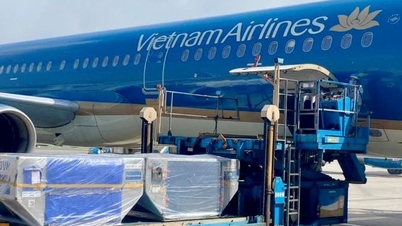



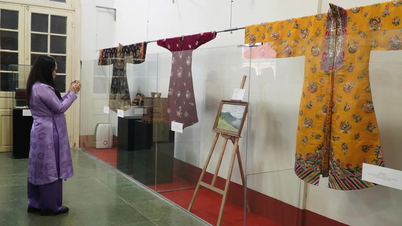

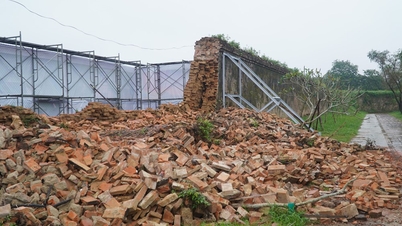

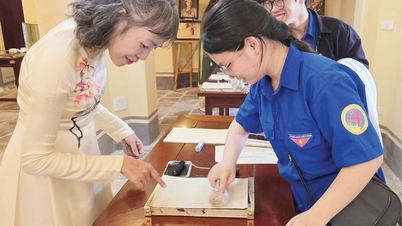







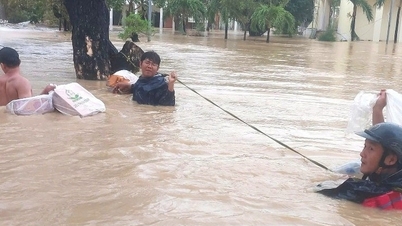



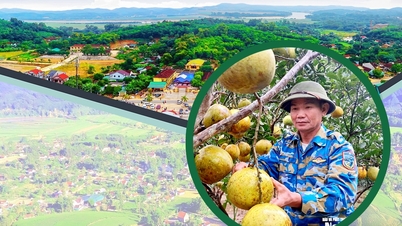
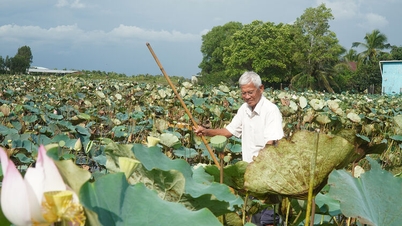















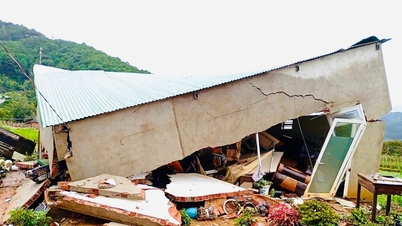




















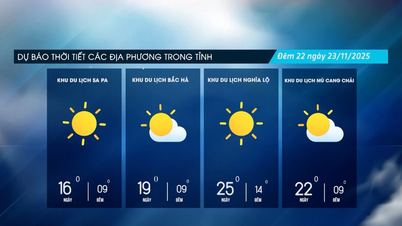

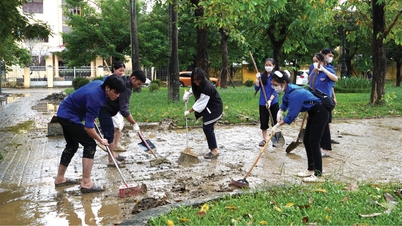
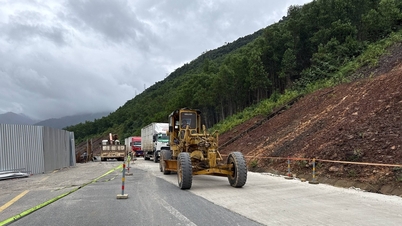
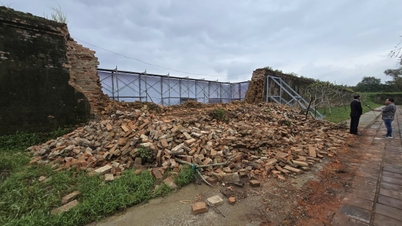
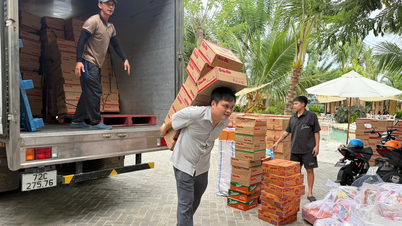












Comment (0)